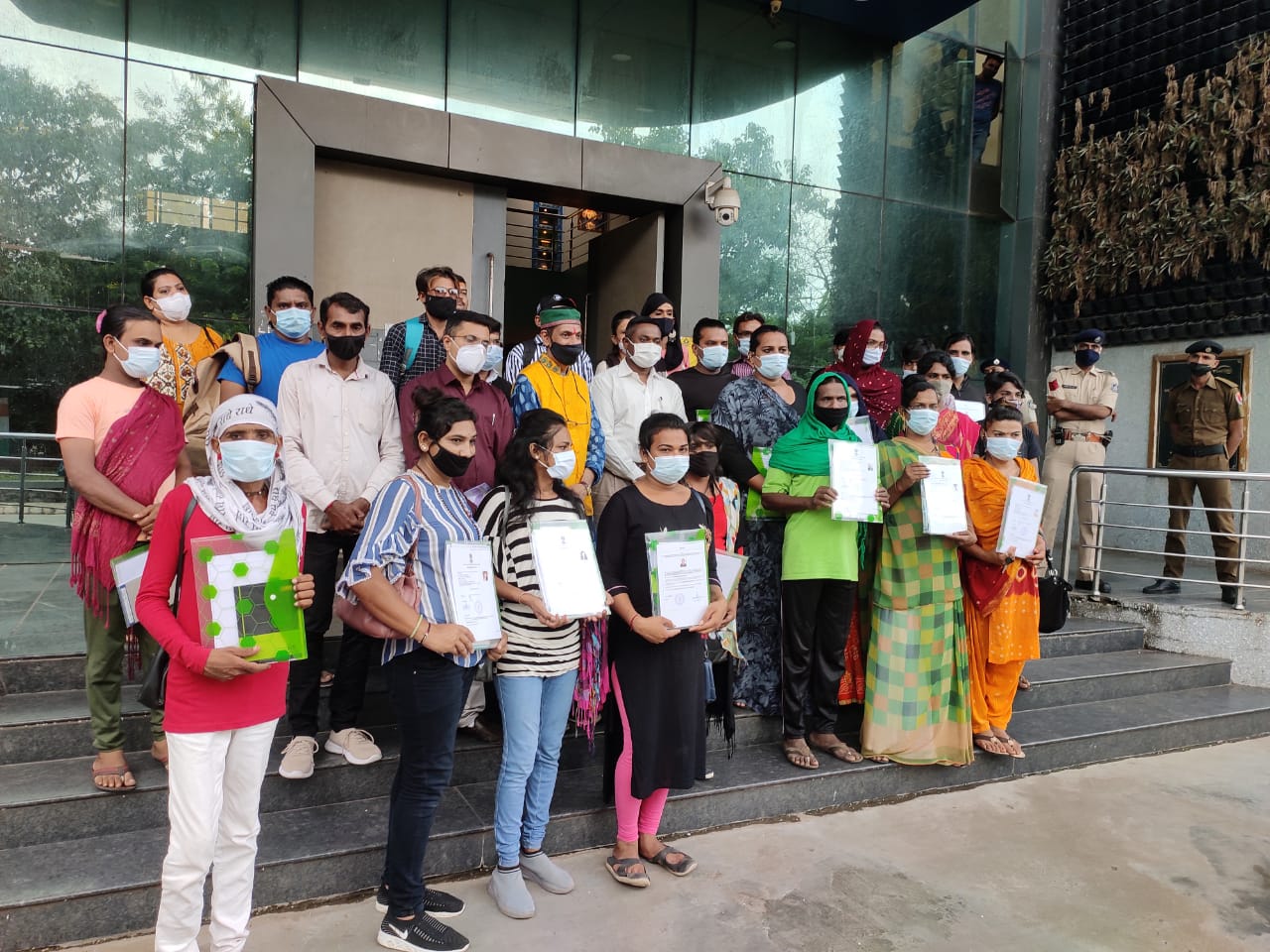
A step towards inclusiveness: An encouraging result from Gujarat for Skill Ecosystem
- By Hiralchandra Maru-- Copy Editor Jazreen Deboo
- January 13, 2022
Inclusion, Trans Community, LGBT, Skill Development, Rajkot, District Skill Committee.
“Transgender individuals are one of India's most discriminated-against high-risk groups. In India, 4.9 lakh transgender individuals were counted in the 2011 census. The proportion of individuals working in the transgender community (38%) is significantly lower than the general population (46%). Only 65 percent of transgender people find a job for more than six months a year, compared to 75 percent of the overall population.” [1]
Until very recently, diversity and inclusion was largely in the context of women in the workforce. The LGBT (lesbian, gay, bisexual and transgender) gender variance was seldom considered while framing policies because of the pending status of legality of this group. The NALSA judgement on recognition of the third gender and the landmark judgement on abolition of Section 377, by the Supreme Court of India, created a significant push for inclusion in the workforce. Despite the gains made in recent years by the LGBT movement, there is still a long way to go in terms of their inclusion in mainstream society.
Due to the general lack of sensitization towards these communities and ignorance, they face challenges when it comes to accessing education and employment. Our ground-level perspective, in Gujarat, indicates that the communities themselves are unaware about their rights. They live in underdeveloped pockets, cut off from mainstream society, resorting to begging and sex work.
During the pandemic and ensuing lockdowns, their livelihoods were severely affected, pushing them into poverty. According to The Wire, “many transgender persons suddenly confronted a reality in which they had no food, no money and no shelter. Restrictions on mobility and an indefinite ban on ceremonial events involving singing and dancing deprived transgender people of their daily earnings, and they were in dire need of immediate financial compensation to survive.”
The current skill development ecosystem is not adequately equipped to include special sections of society. Policy implementors and grassroot workers, as well as trainers and instructors, need to be sensitized to the needs of marginalized communities. New and specific strategies for their mobilization and counselling must be developed. Efforts need to be made to create special batches for these communities and gradually integrate them with the mainstream candidates. Curricula must integrate life skills, soft skills, self-awareness and entrepreneurship.
Employers should be sensitized beforehand to boost placement opportunities. Employees at potential workspaces need to be oriented to adopt a non-discriminatory attitude. Awareness of programs for scholarships for higher education opportunities needs to be created within LGBT communities. Their close-knit communities replicate many features of self-help groups, and their collective talent can be promoted to form micro enterprises or cottage industries.
Success Story of Rajkot District Skill Committee :
Intervention at Ground Level:
Mobilization and Counselling: A round of conversations with members of the community was conducted, where they shared their stories, struggles and challenges. Interactions/counselling sessions were held, and the District Skill Committee of Rajkot convinced 15 people from community to take up skill development. The candidates indicated an interest to take up jobs in the IT sector and learn more about computers.
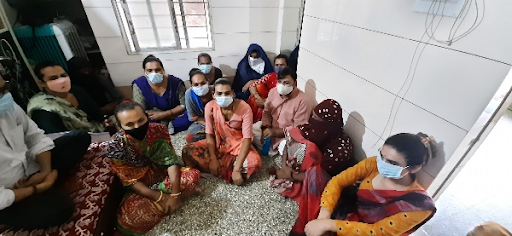
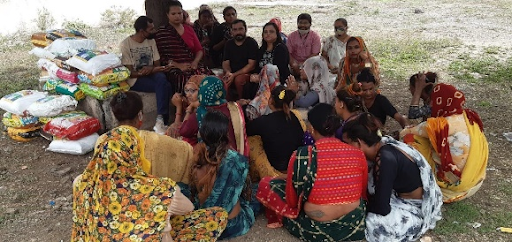
Figure 1: Mobilization drive.
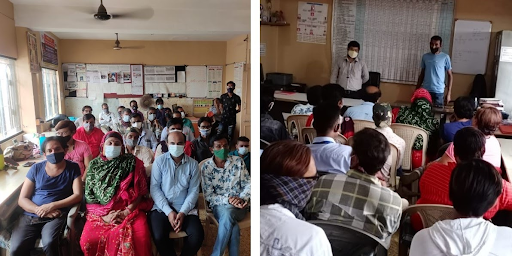
Figure 2: Counselling and awareness sessions in progress.
Batch Creation and Course Selection: Potentialemployers were contacted. Their expectations from the course and the candidates were documented. This enabled the committee to customize the course according to requirements of the community members and potential employers, creating a win-win situation by on-boarding a few employers and thereby ensuring jobs to the trainees, post-training. The project led to a month-long training program on ‘Course on Computer Concepts (CCC)’, which was inaugurated on 20th September 2021.
Outcome & Achievements
-
A total of 15 candidates joined the training program from 23rd September to 22nd October 2021.
-
11 candidates completed the training and were certified on 30th October 2021.
-
The program achieved 100% placement with the District Collectorate announcing that they would hire candidates who are yet to get placed.
-
On World Aids Awarness Day, the District Skill Committee Rajkot received an award from the Gujarat State Aids Control Society for being a pioneer in bringing a section of the LGBT community into Skill Ecosystem of Gujarat.
-
The Department of Social Justice and Empowerment, Government of Gujarat, also recognized the Rajkot model as a model to replicate across other districts.
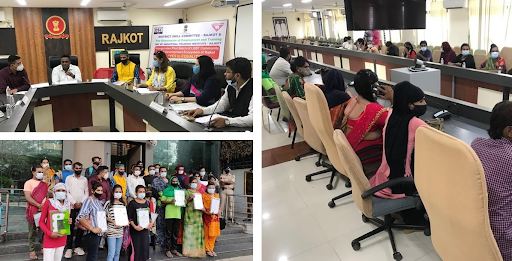
Figure 4: Inauguration of the training.
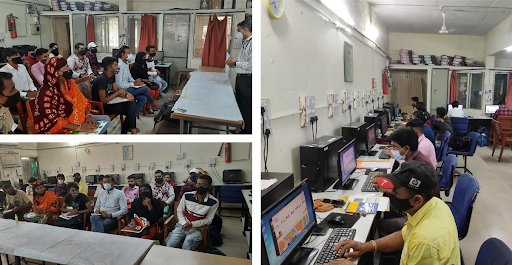
Figure 5: The course on Computer Concepts in progress.
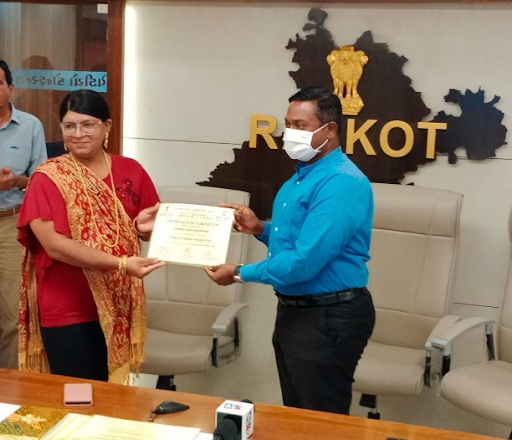
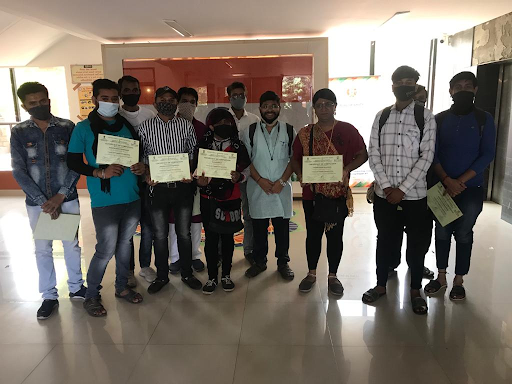
Figure 6: Convocation Ceremony of Trans Community
This project would not have been possible without the kind support of Arun Mahesh Babu (District Collector, Rajkot) Shri Manvendra Singh Gohil (Prince of Rajpipla), Lakshya Trust, Industrial Training Institute Rajkot, and faculty mentors of IIM Bangalore.
References: [1]Skilling for Livelihood Opportunities for Transgenders in India, National Aids Control Organization and UNDP 2016.

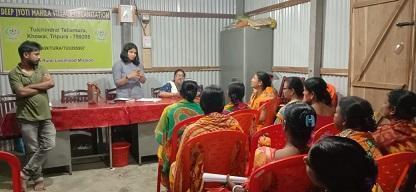
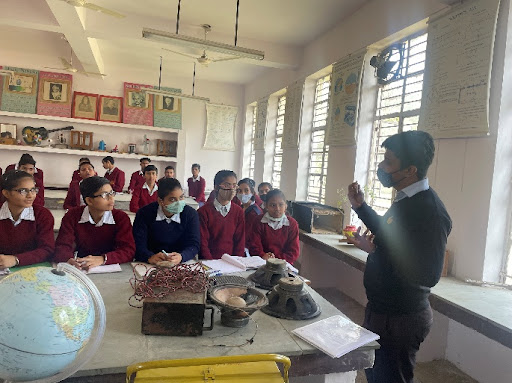
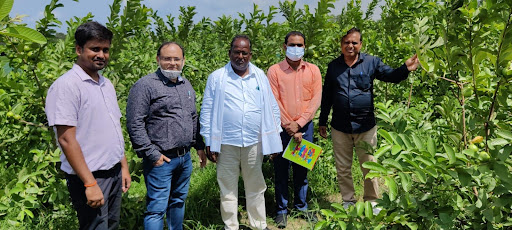
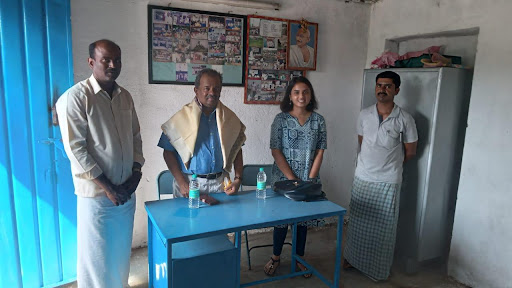
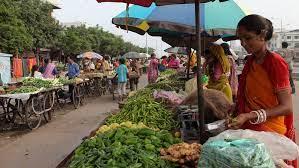
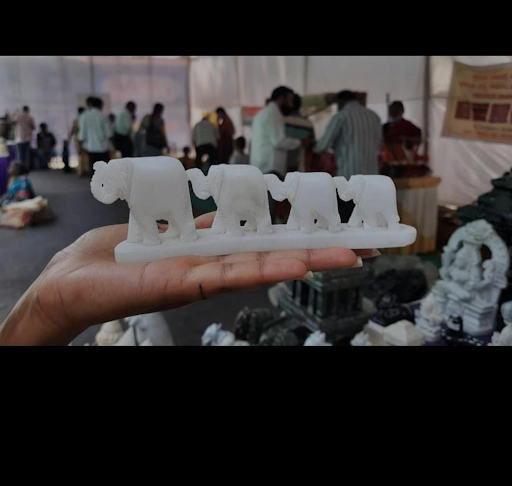
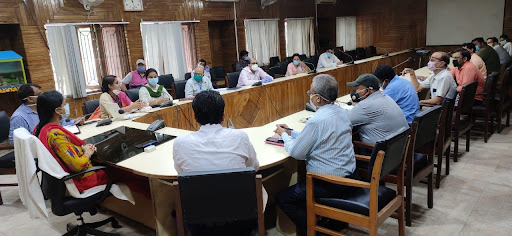
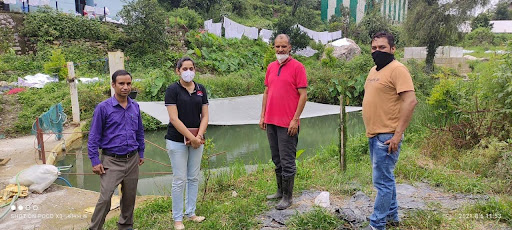
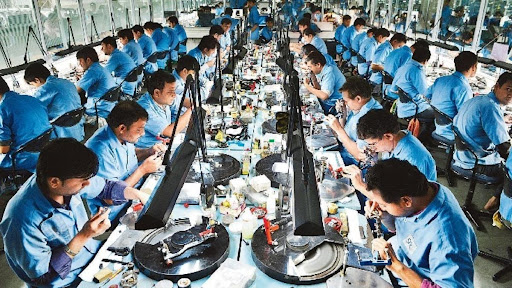
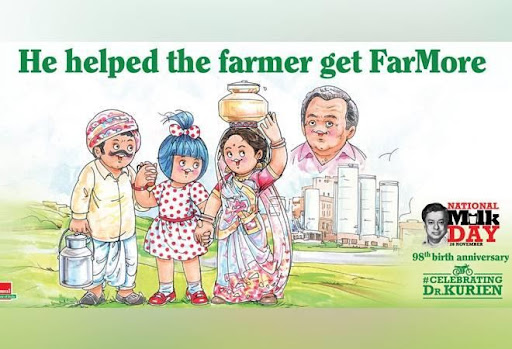
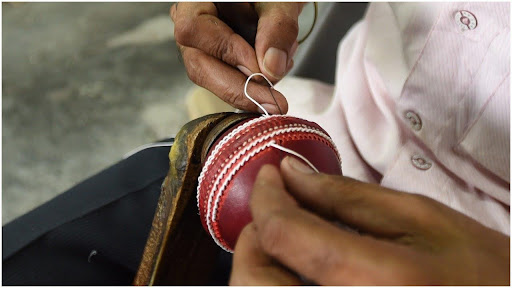
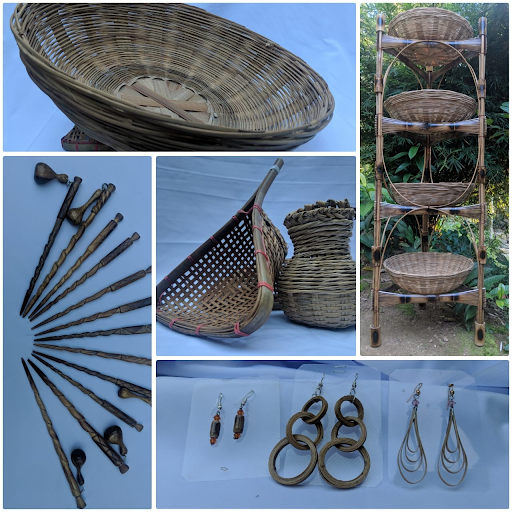
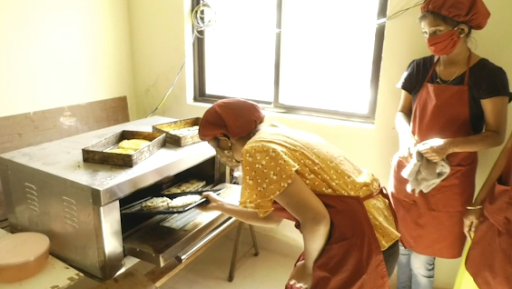
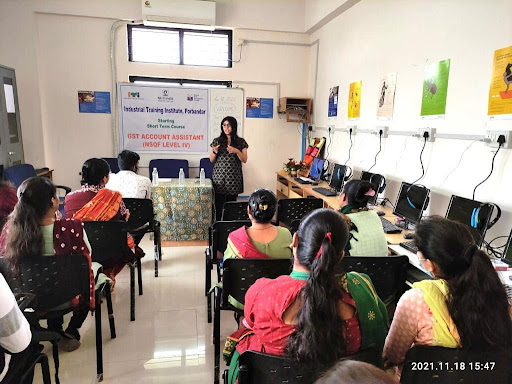
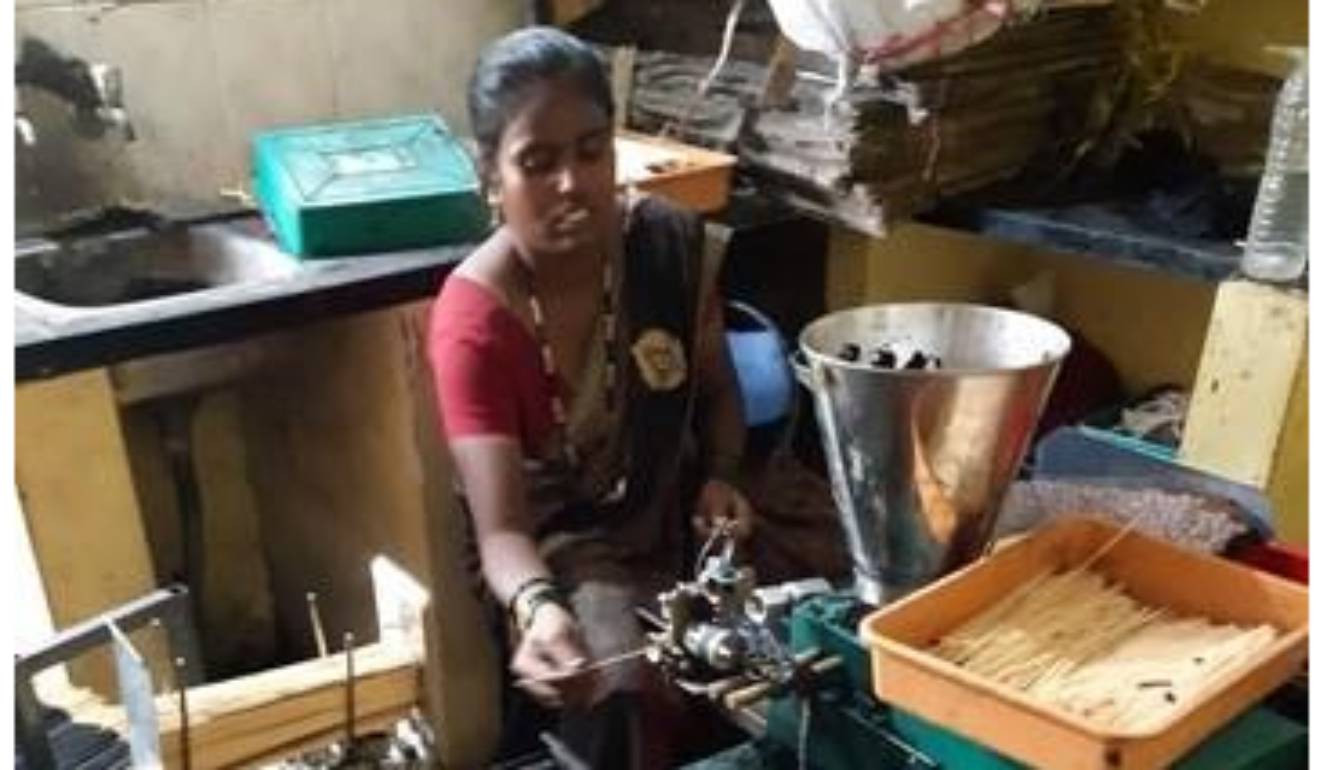
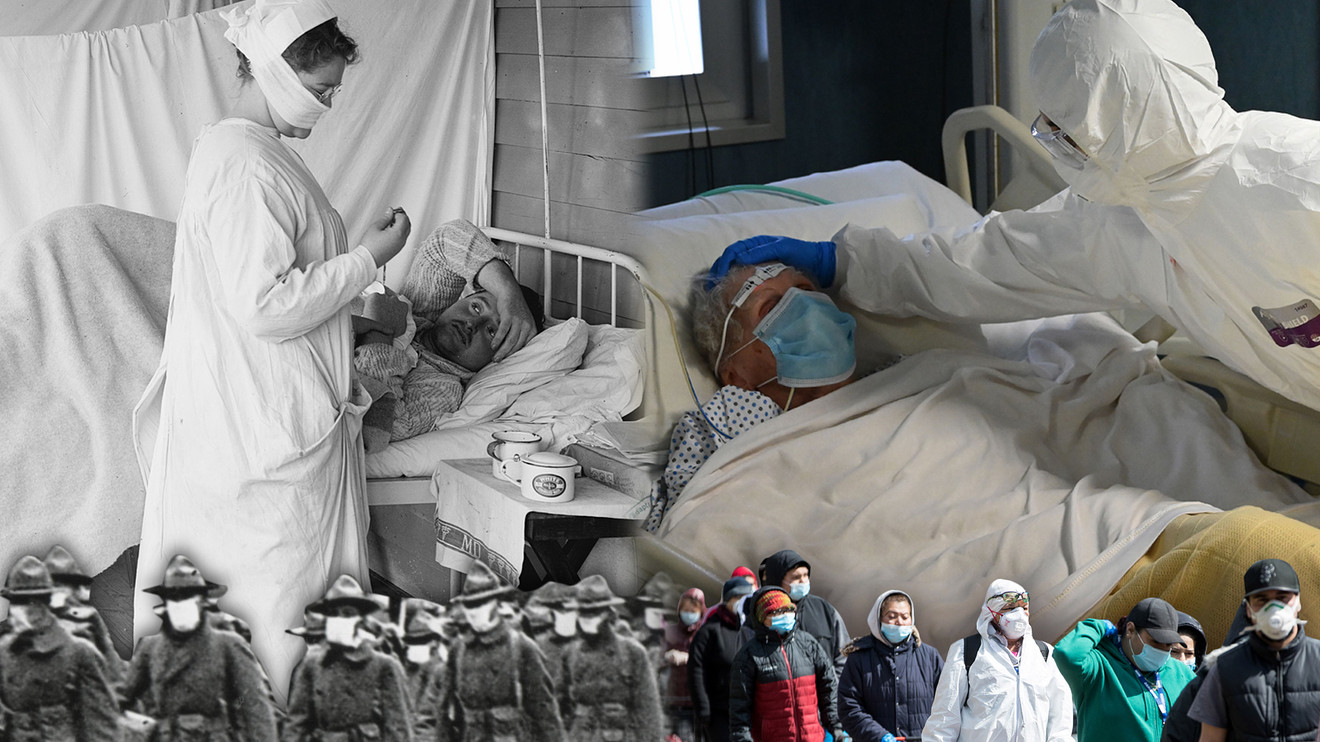

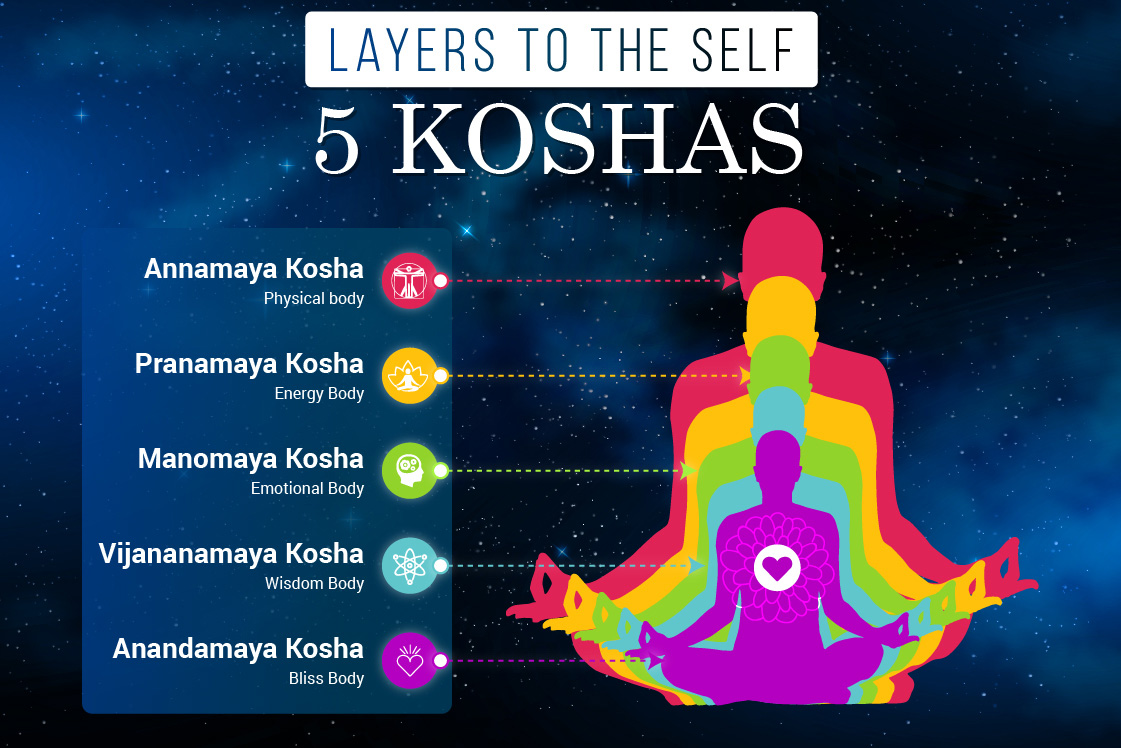
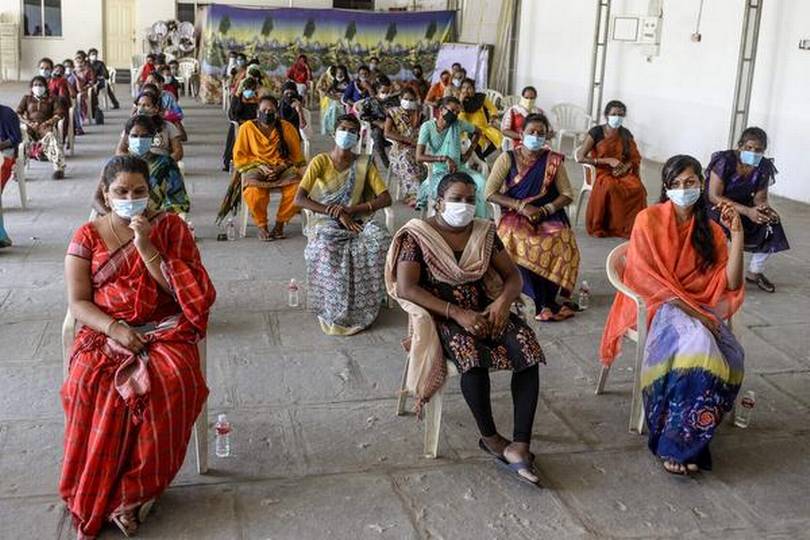
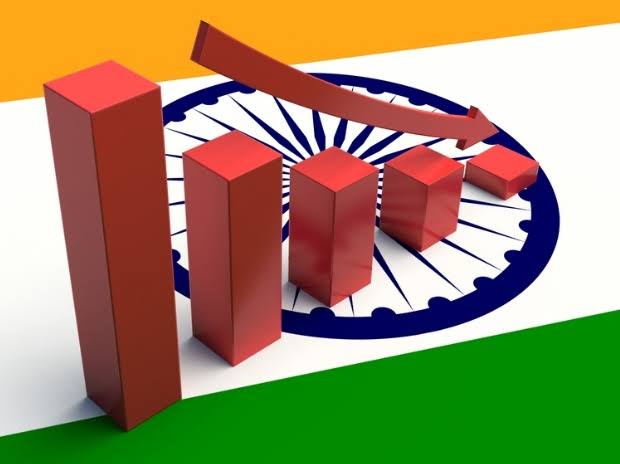
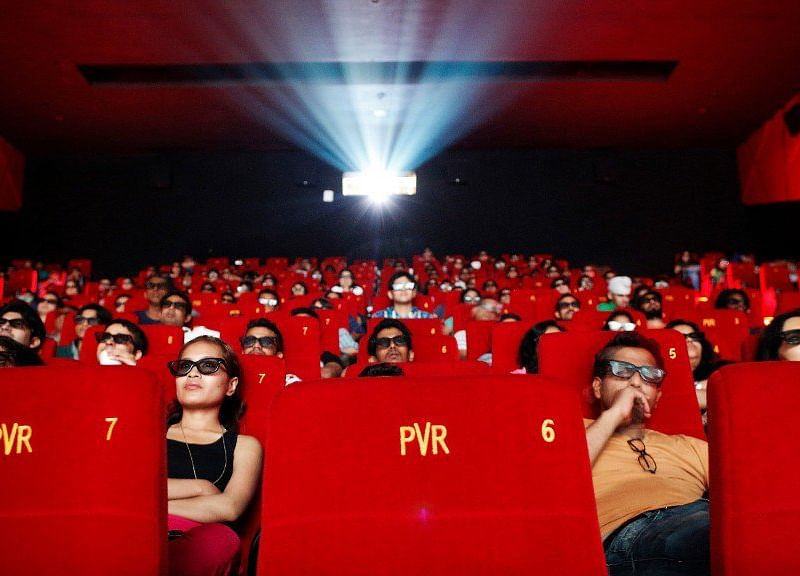

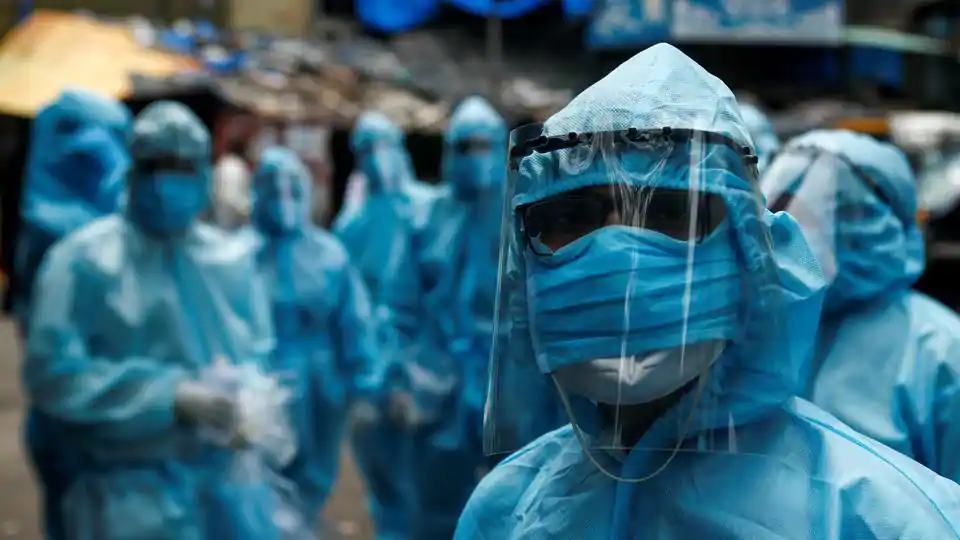


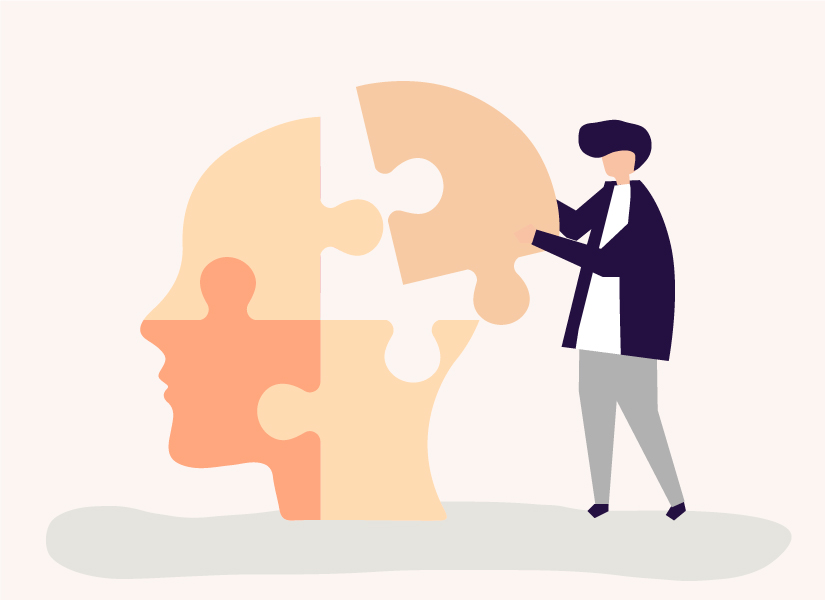
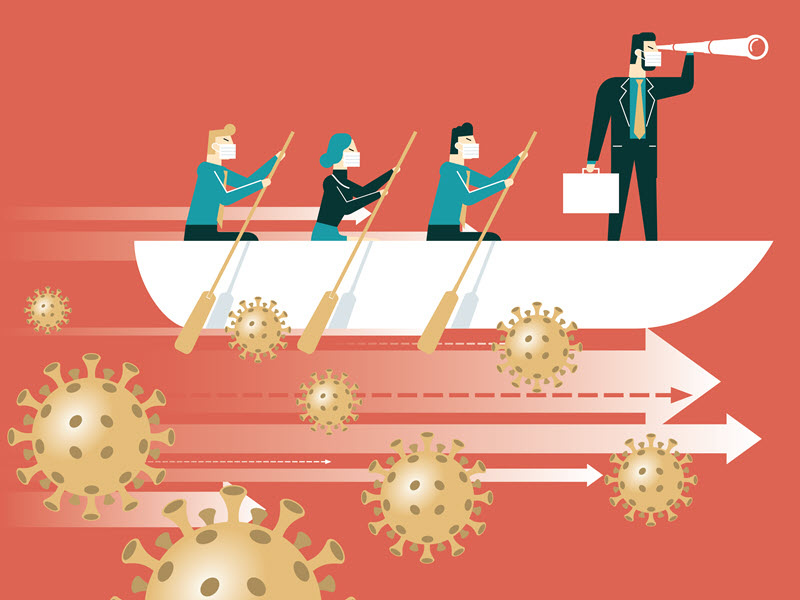
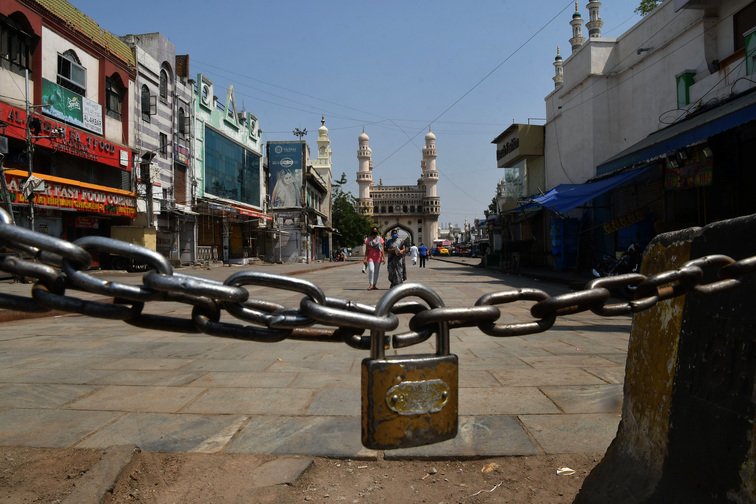
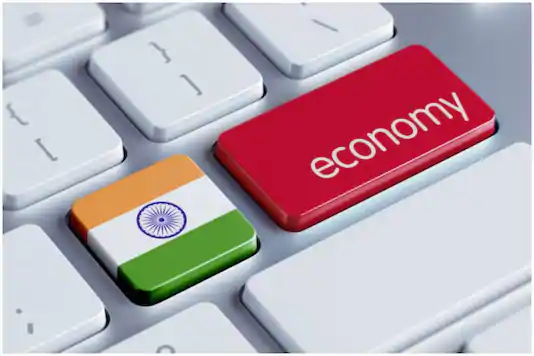
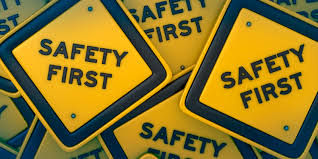
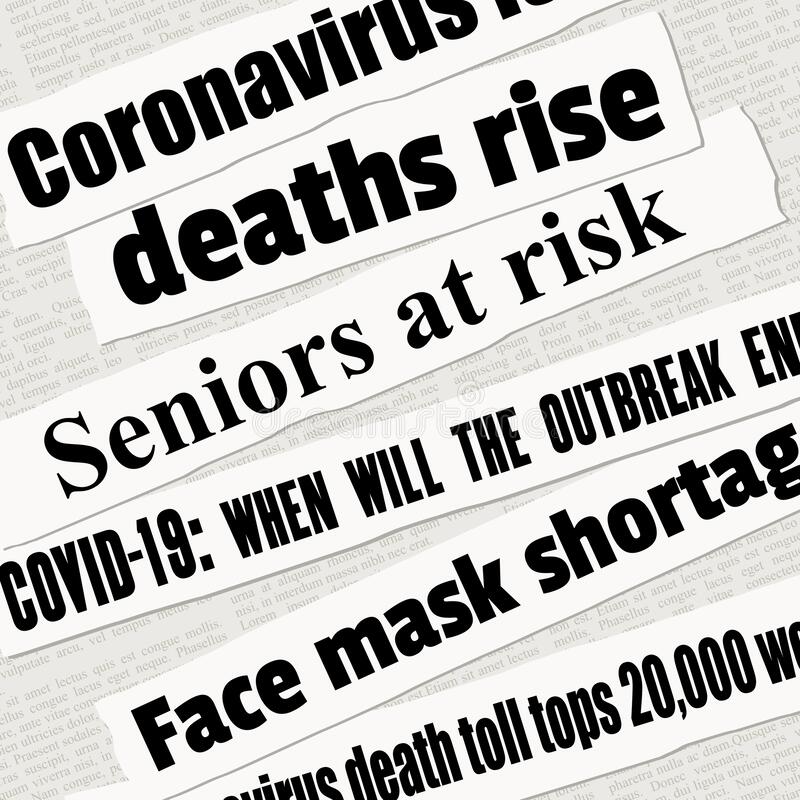

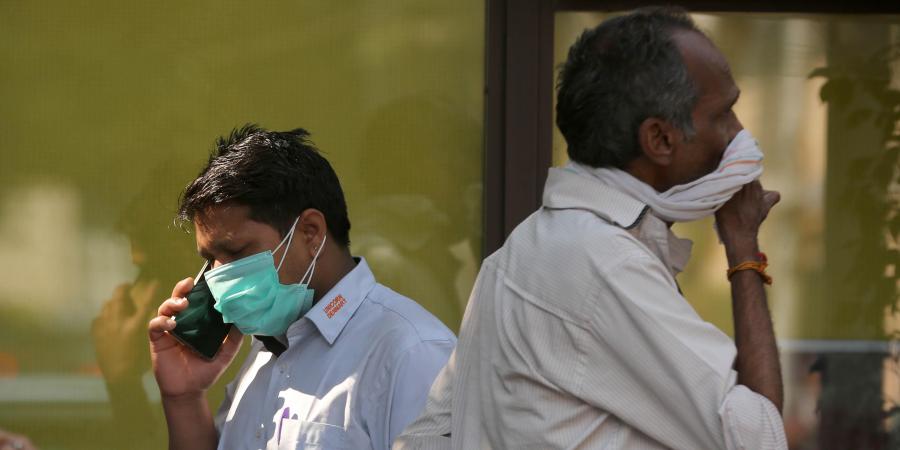
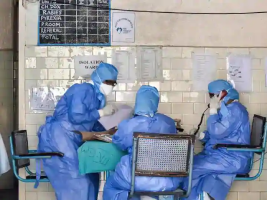
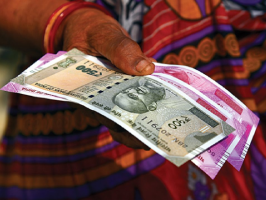
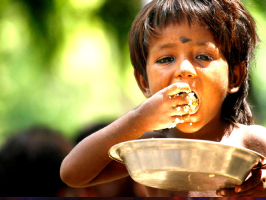
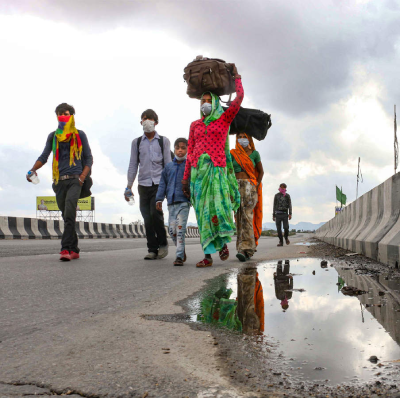
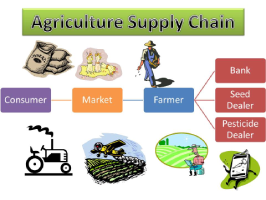
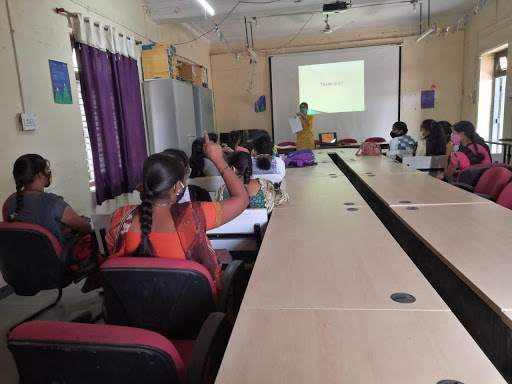
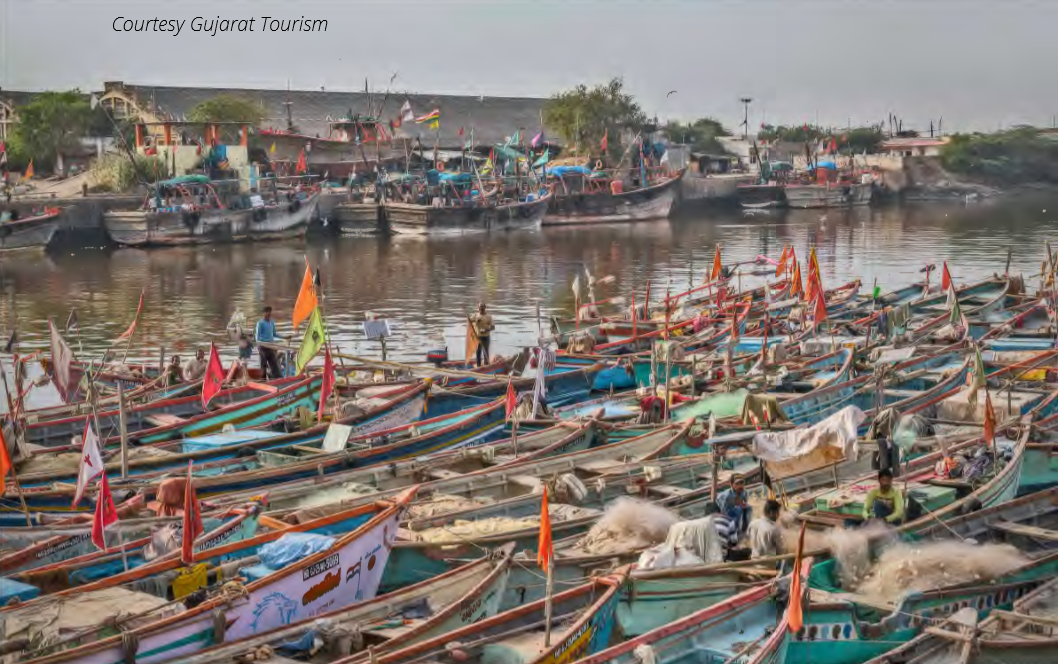

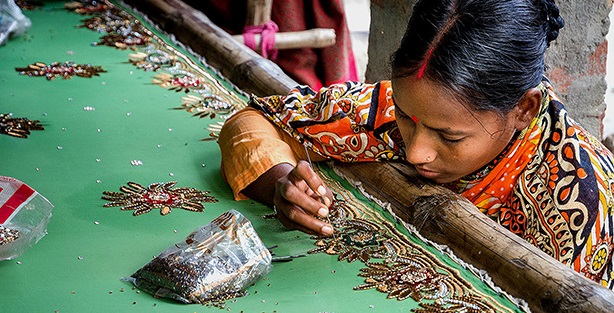
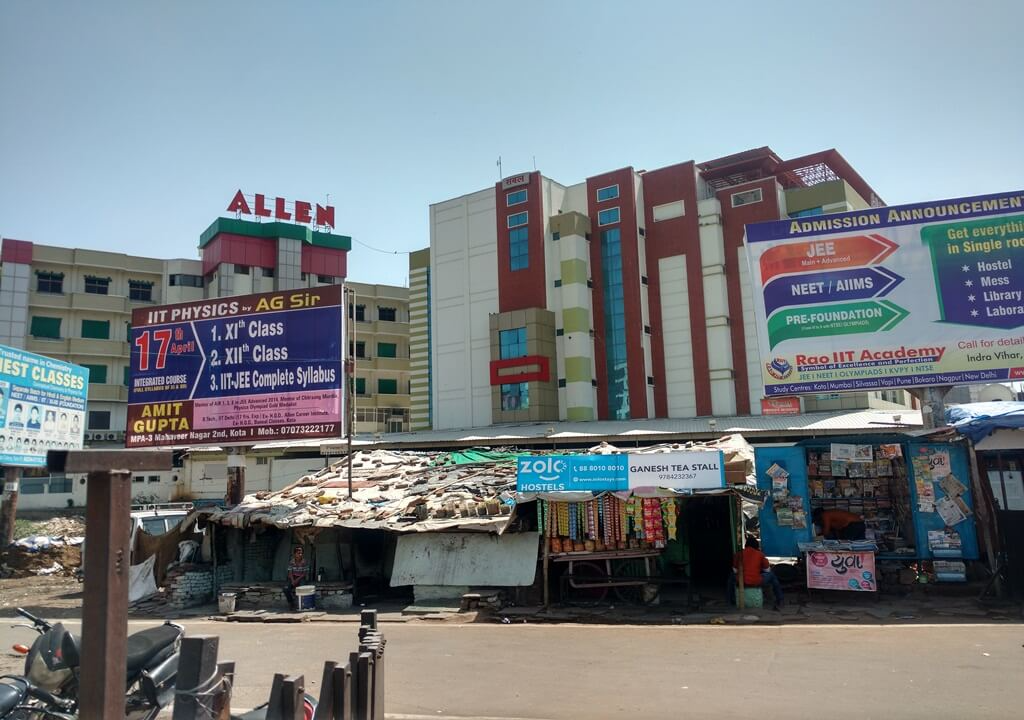
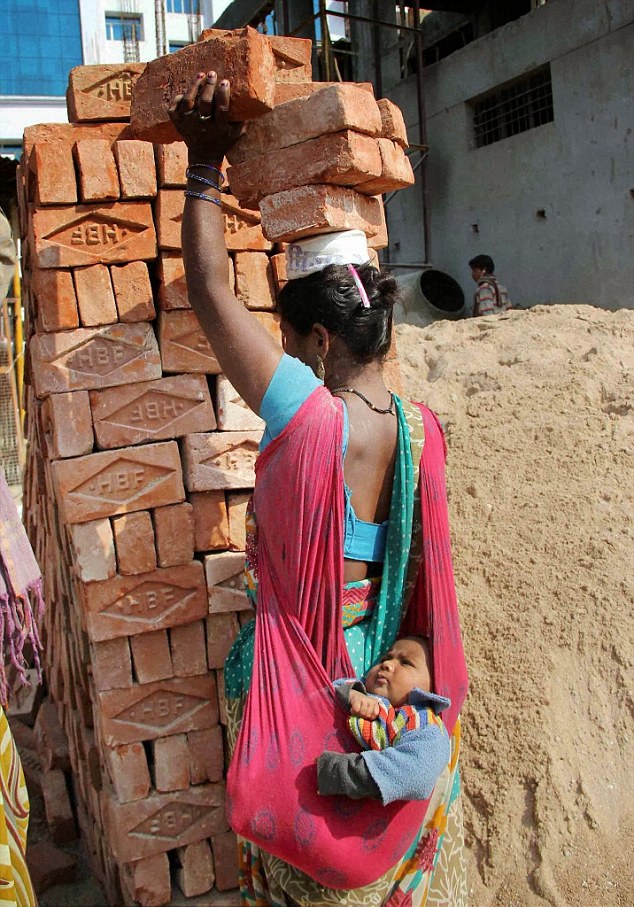
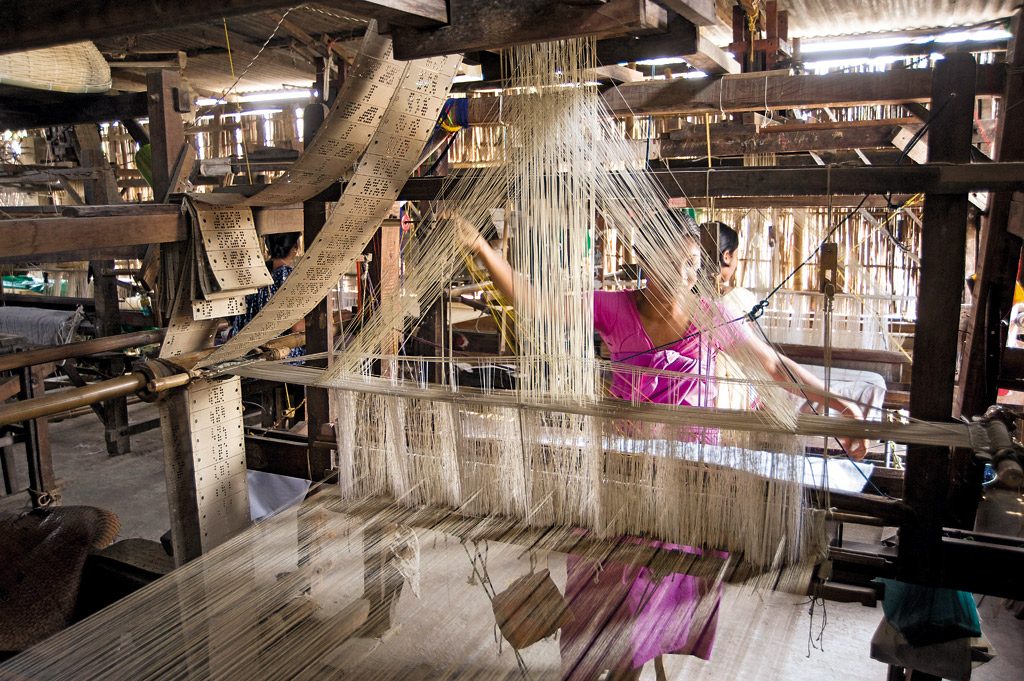
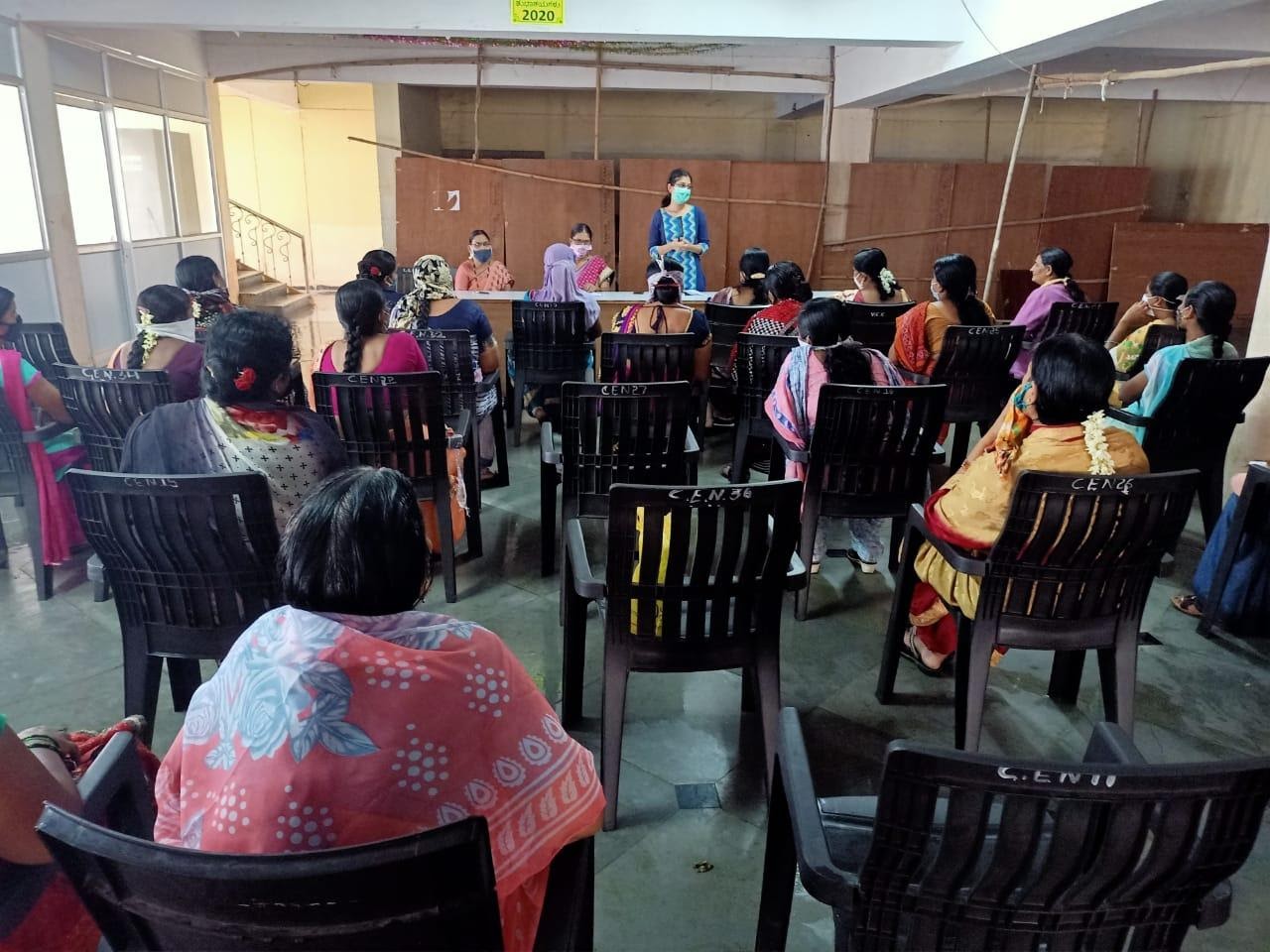
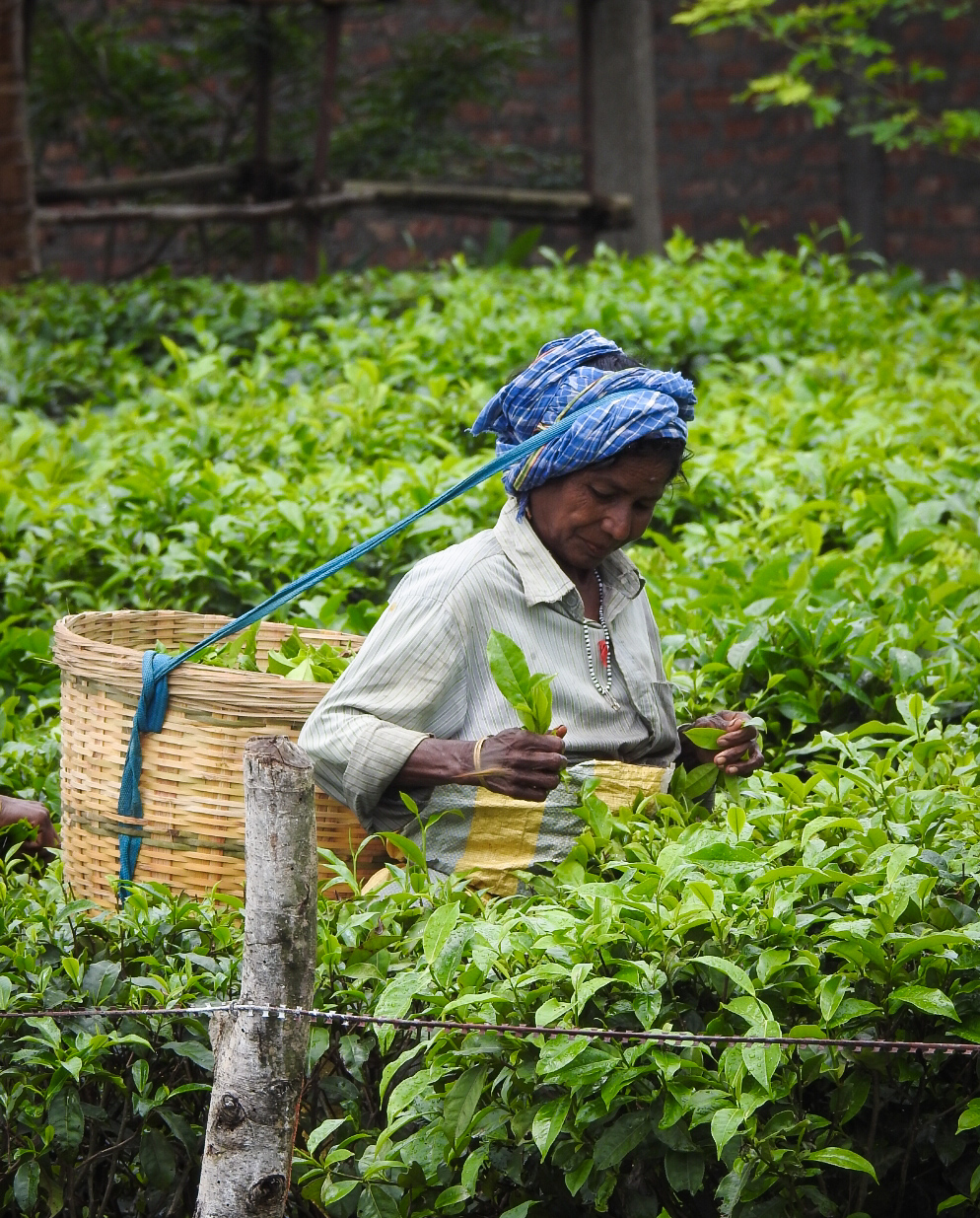

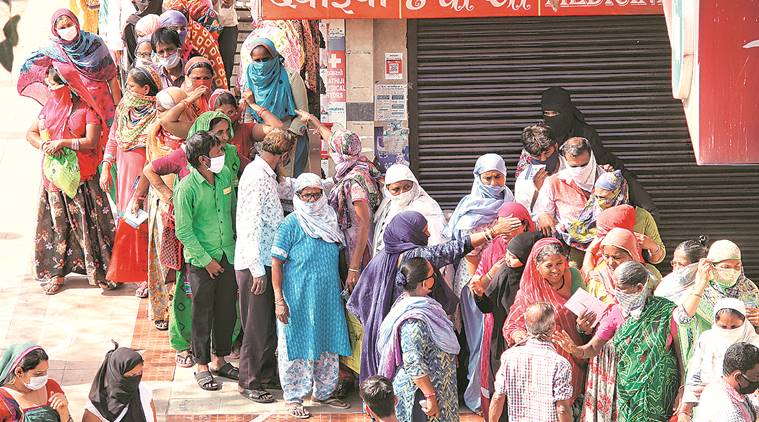

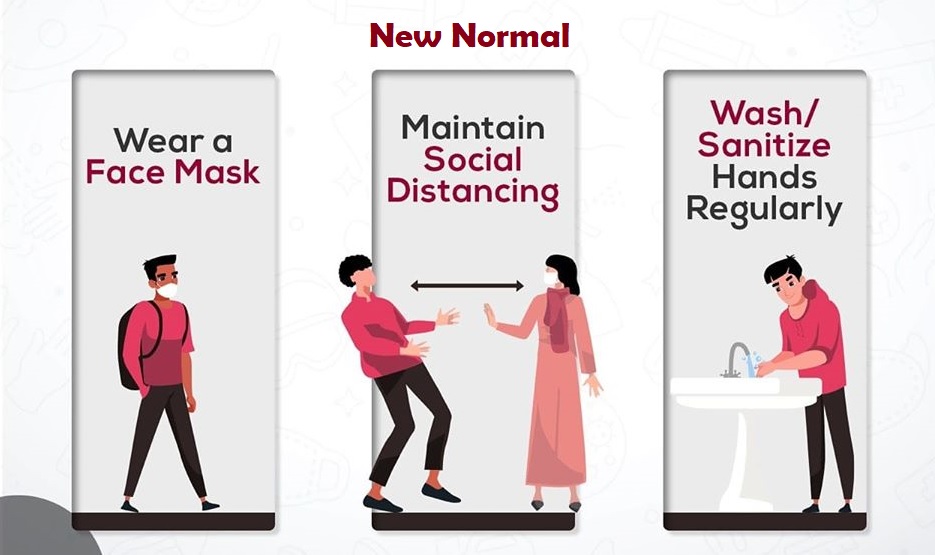
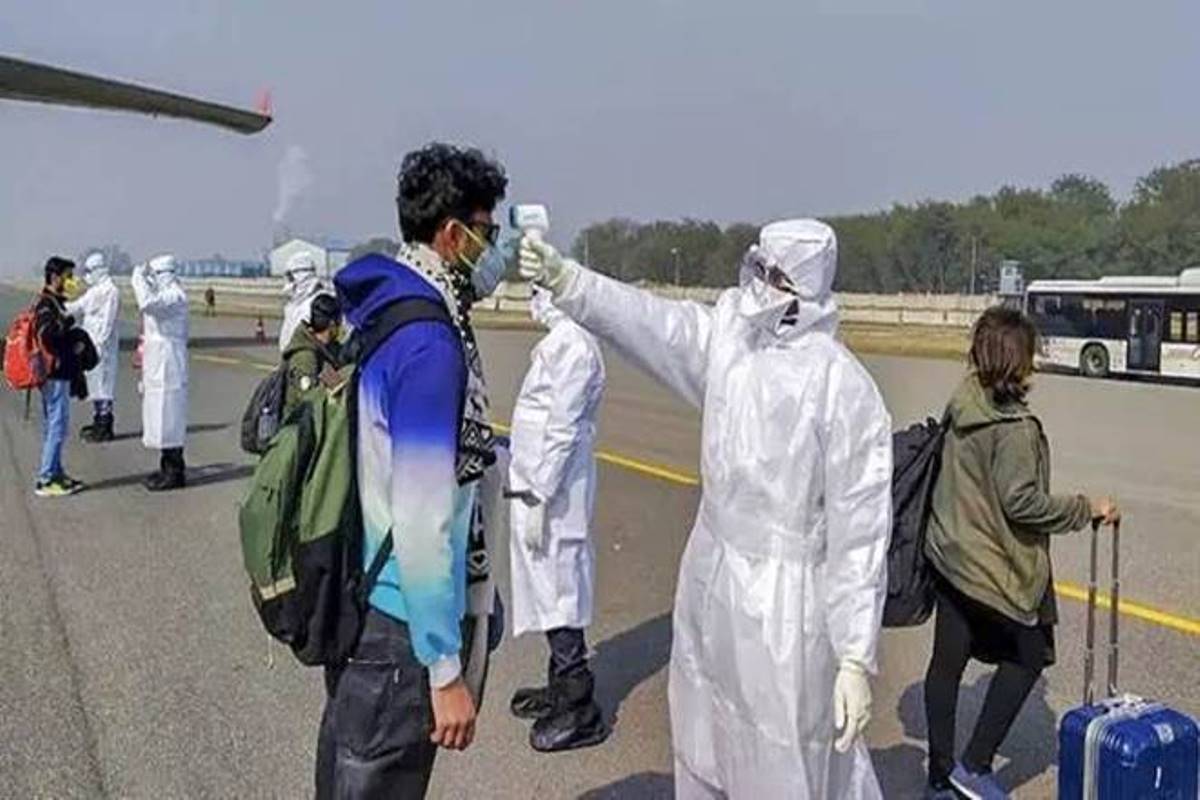

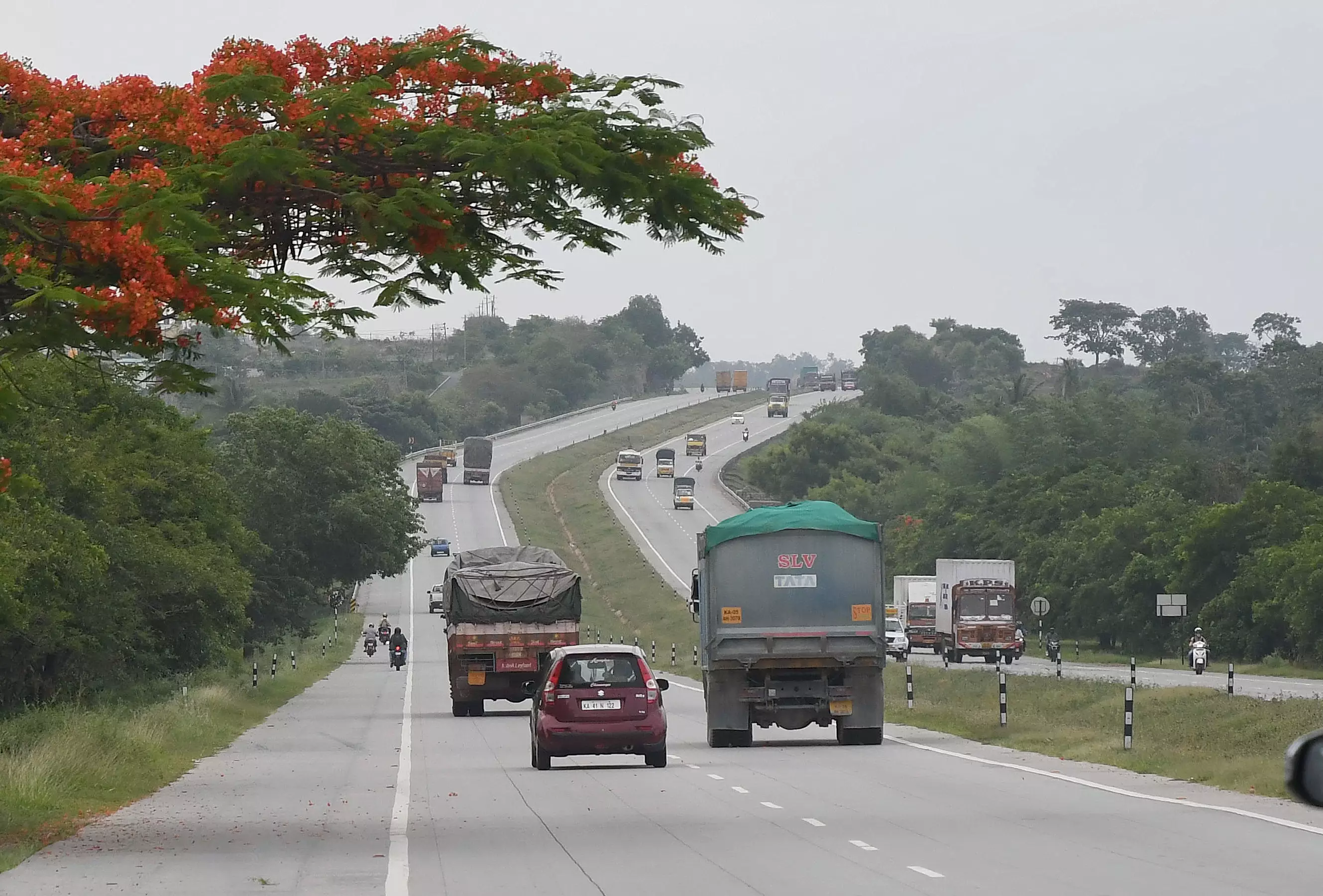
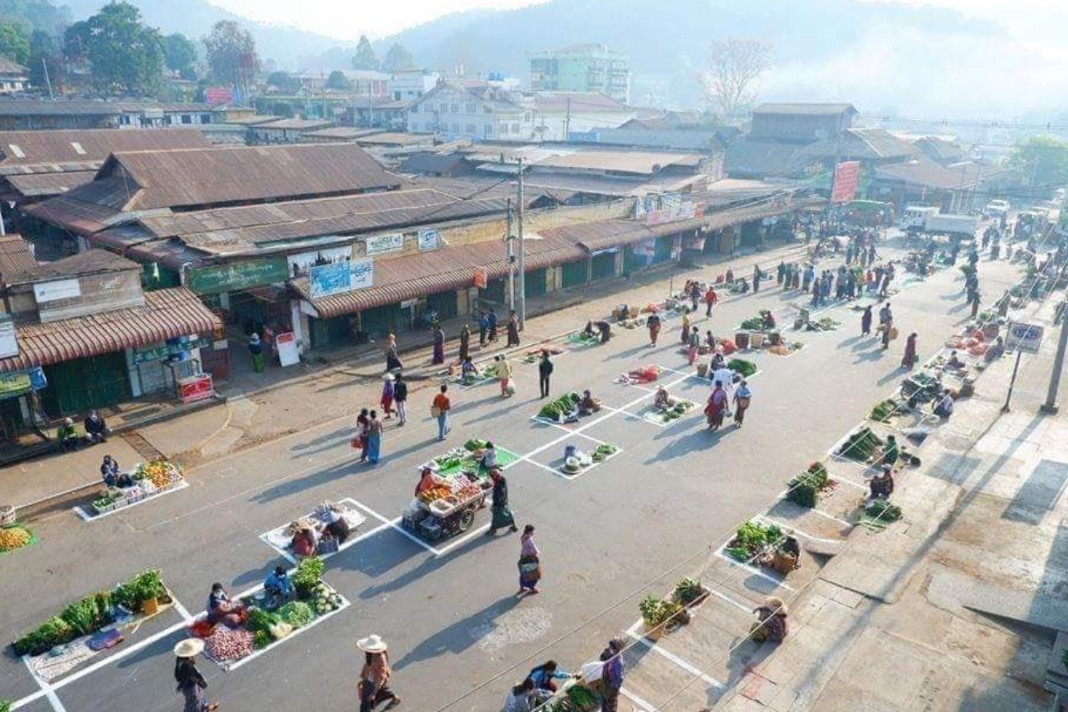
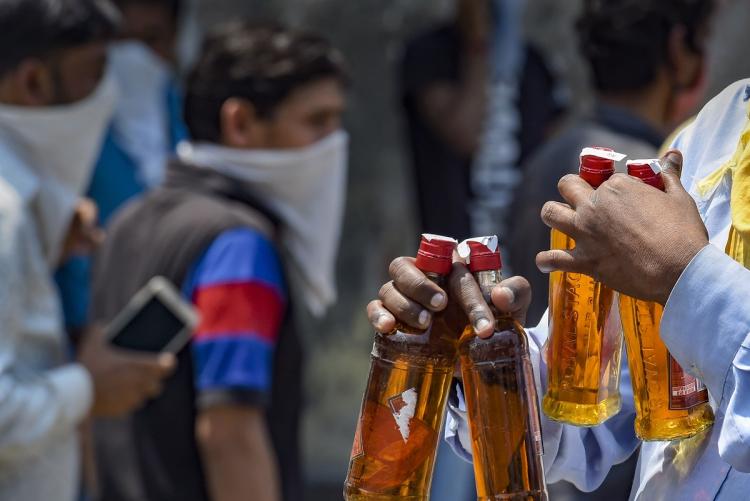
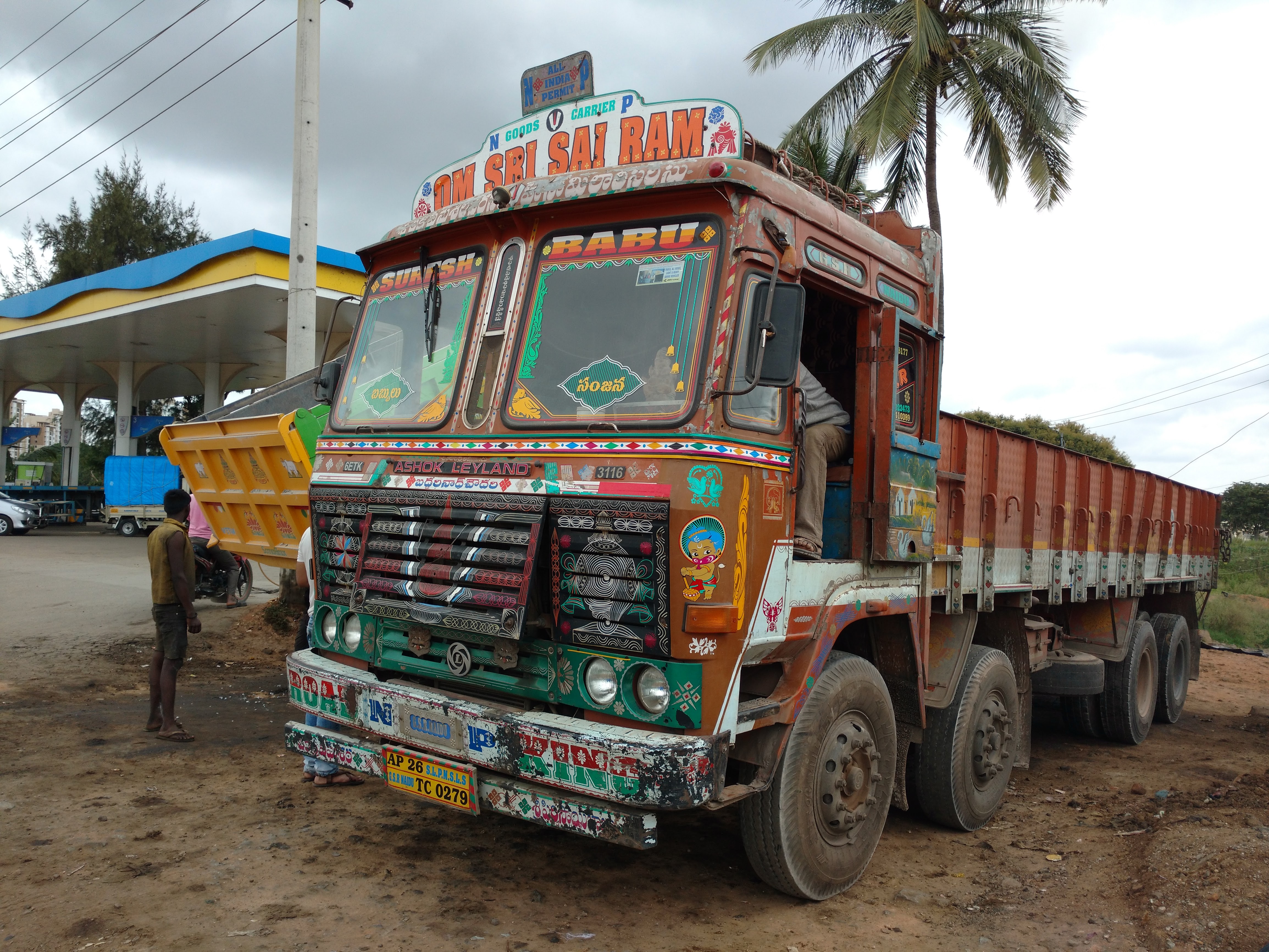
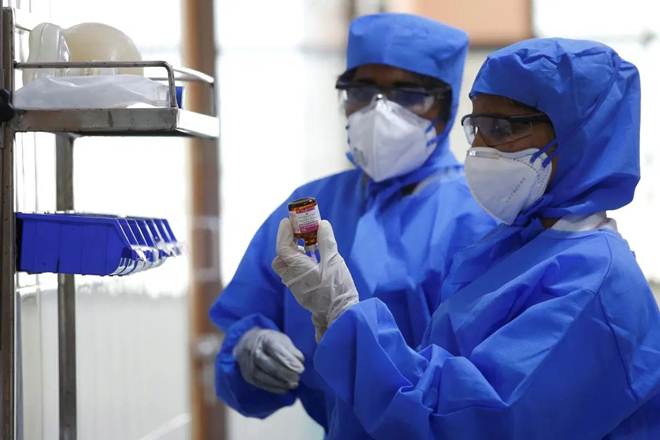
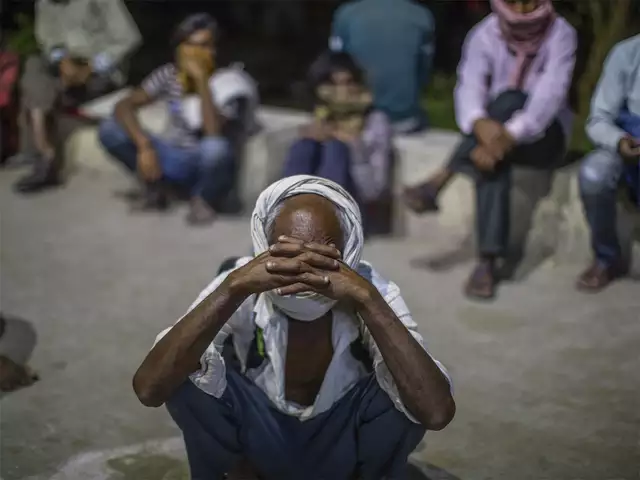

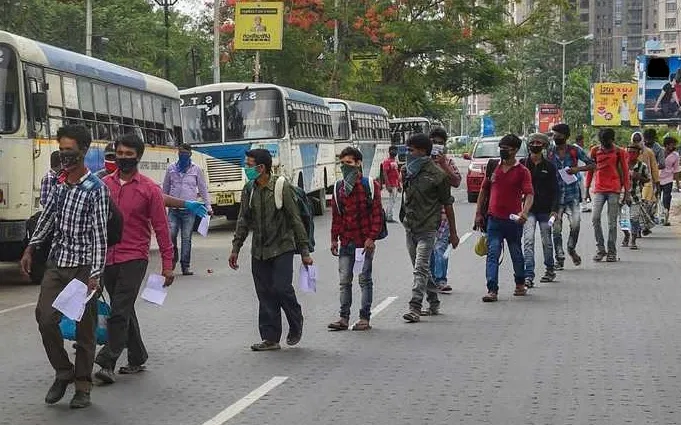

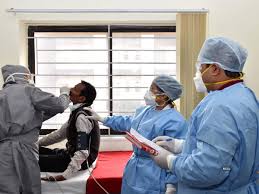

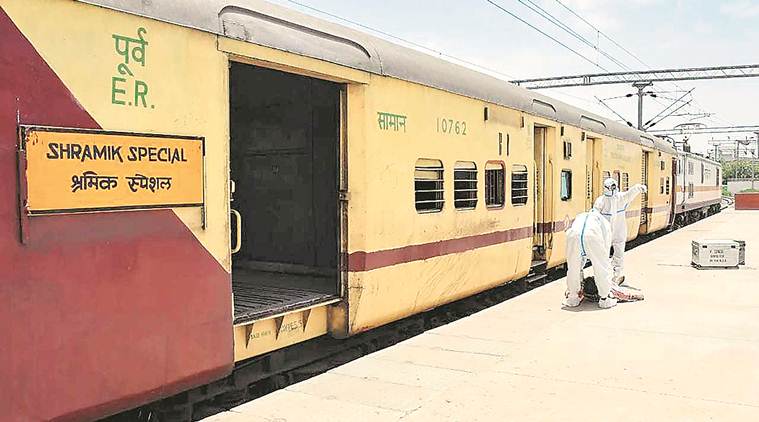

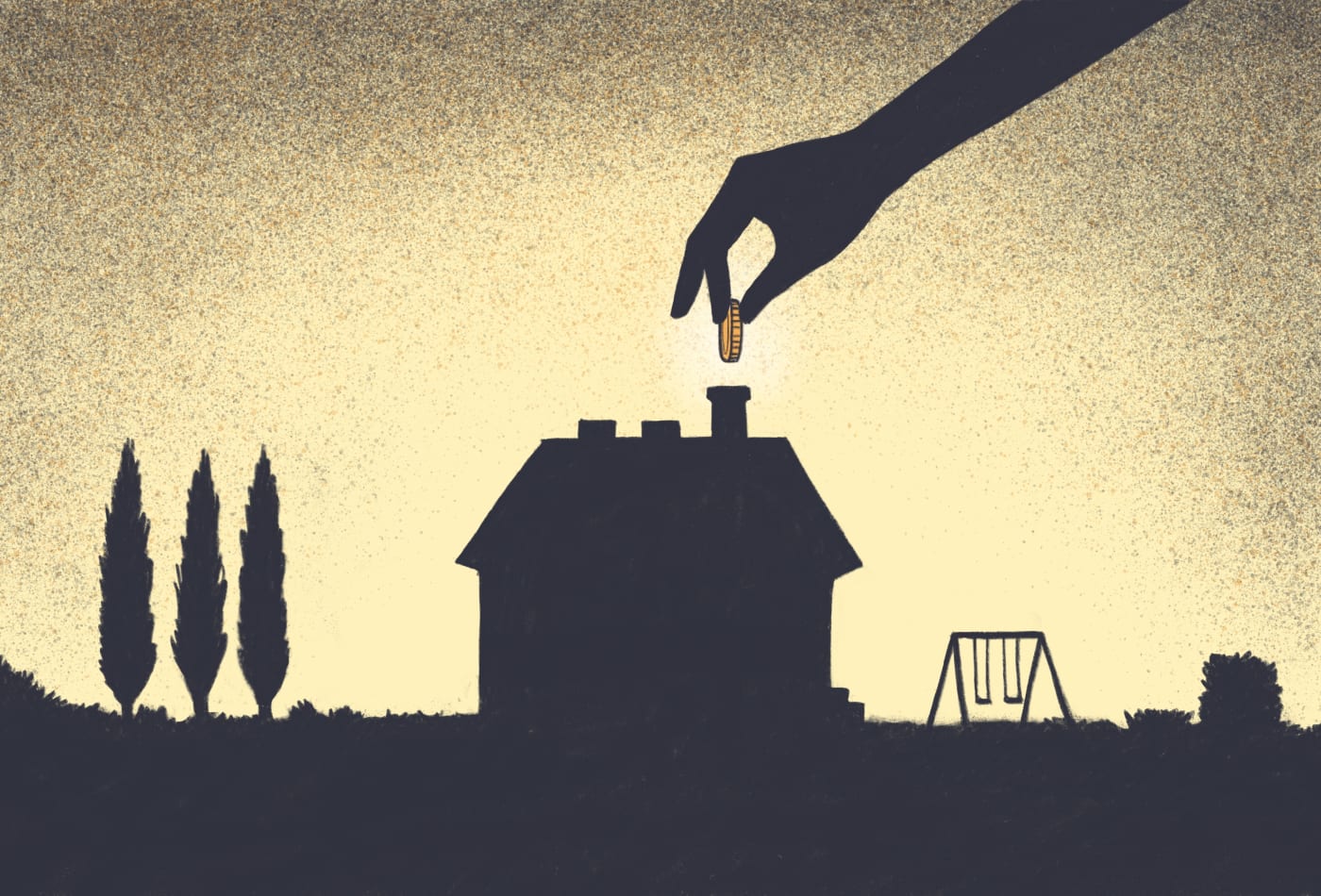

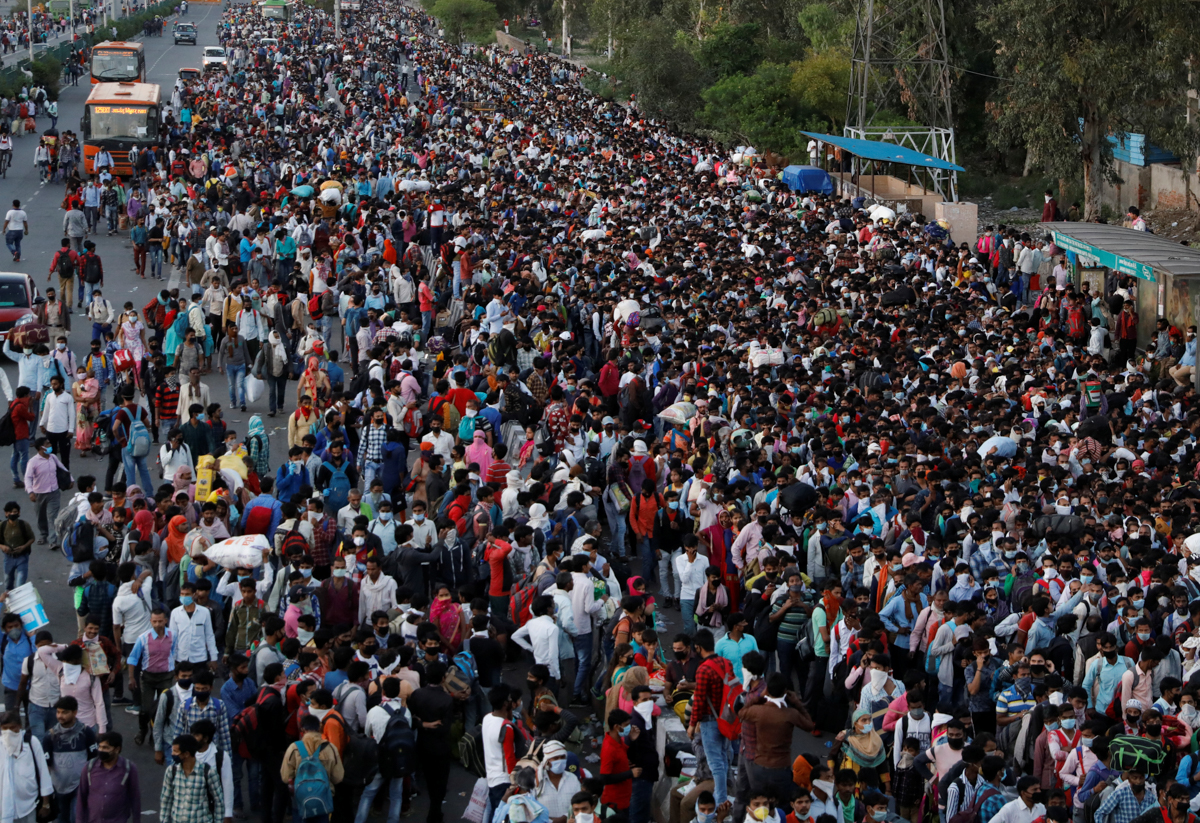
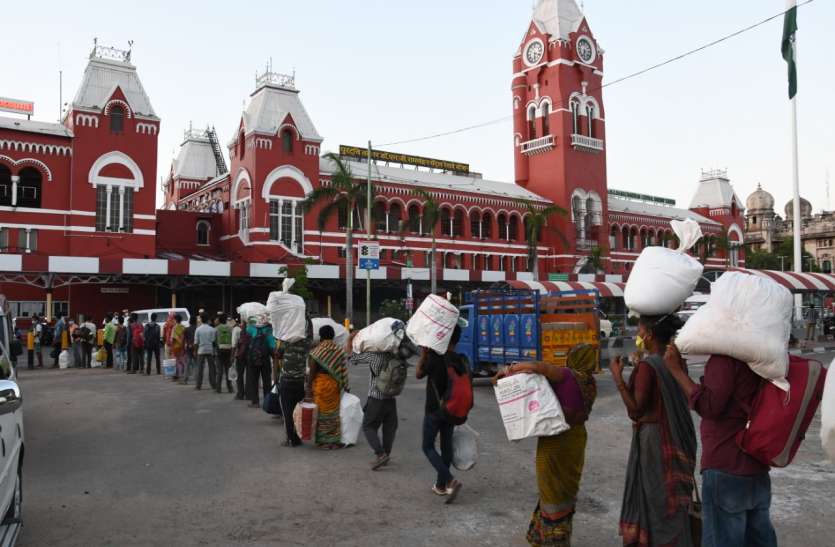
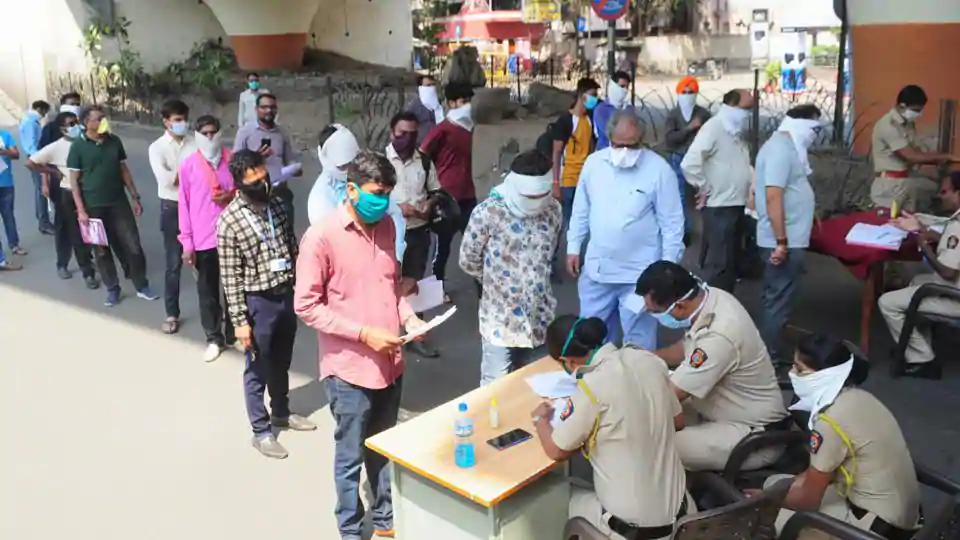
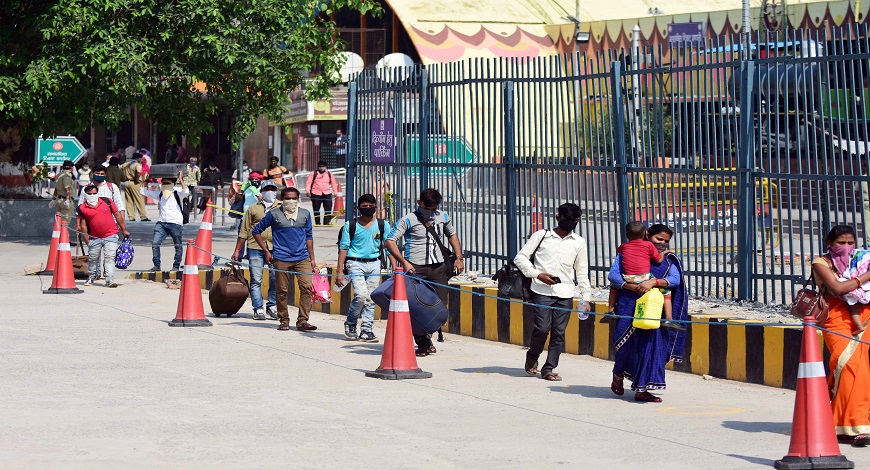
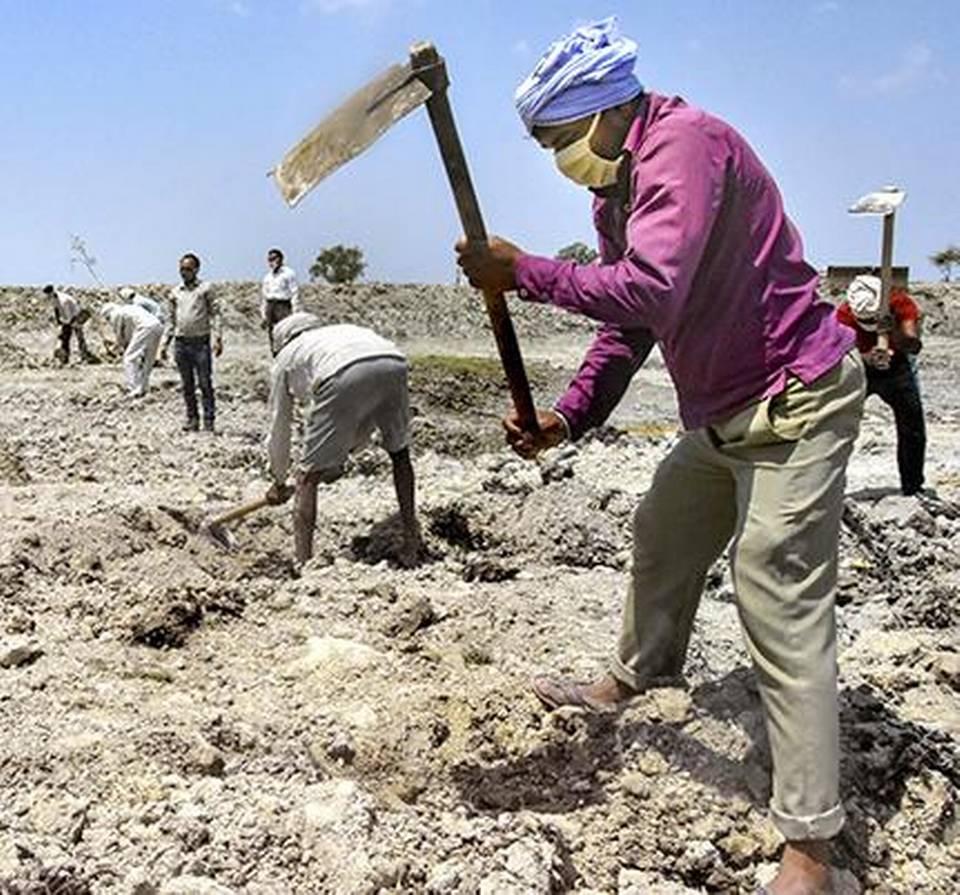
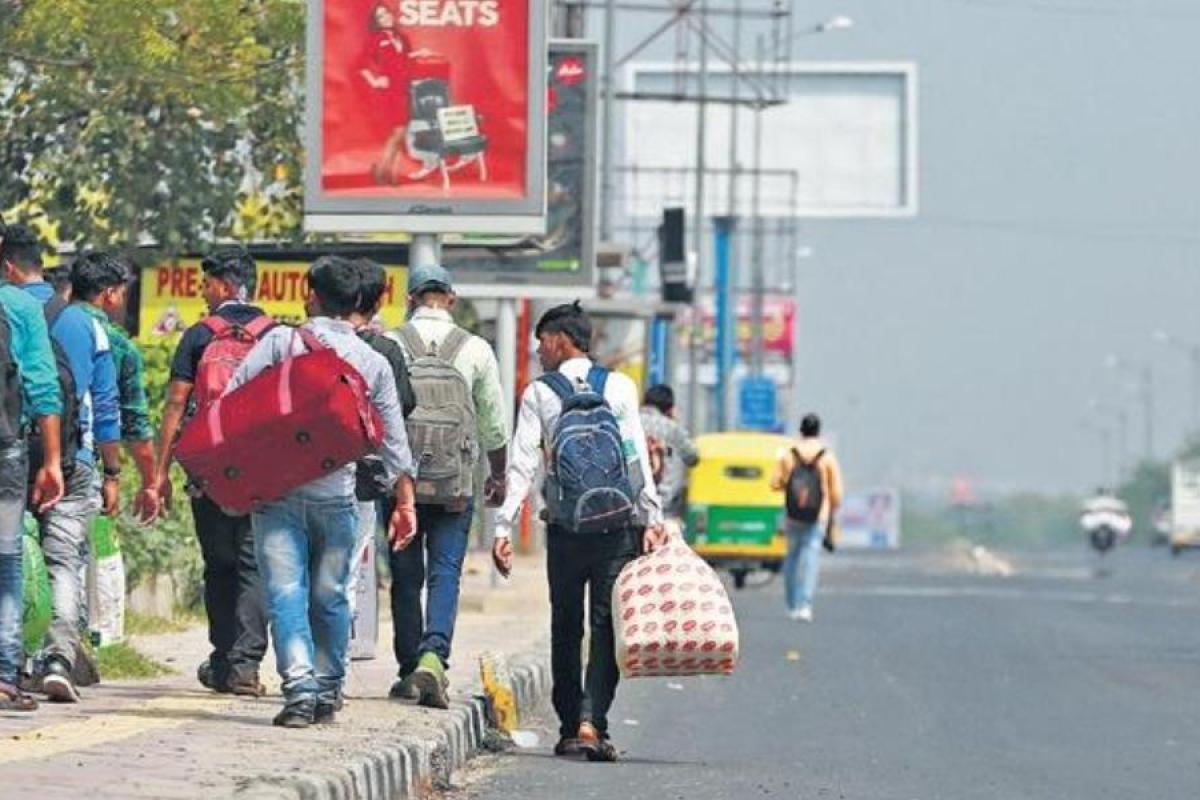
Hiralchandra Maru